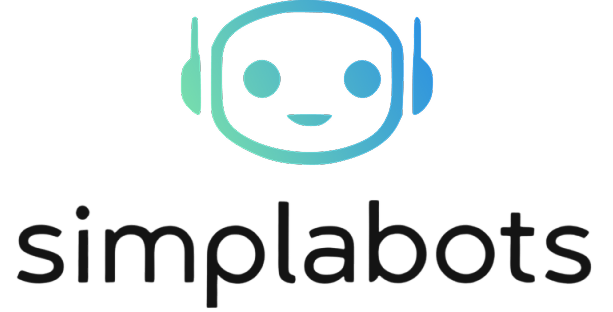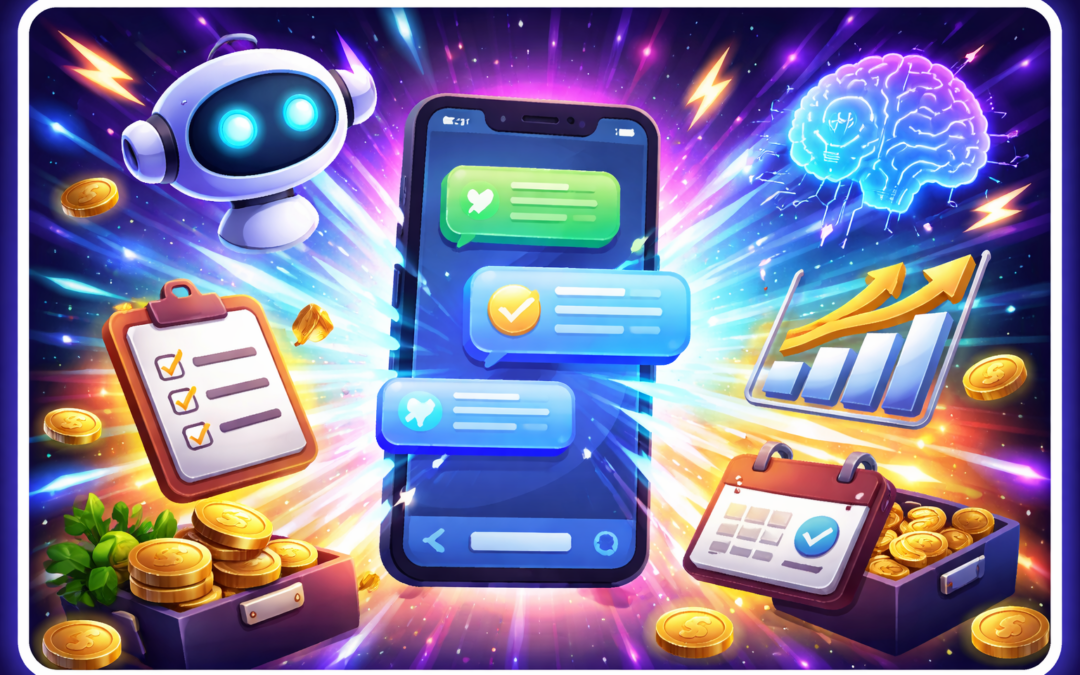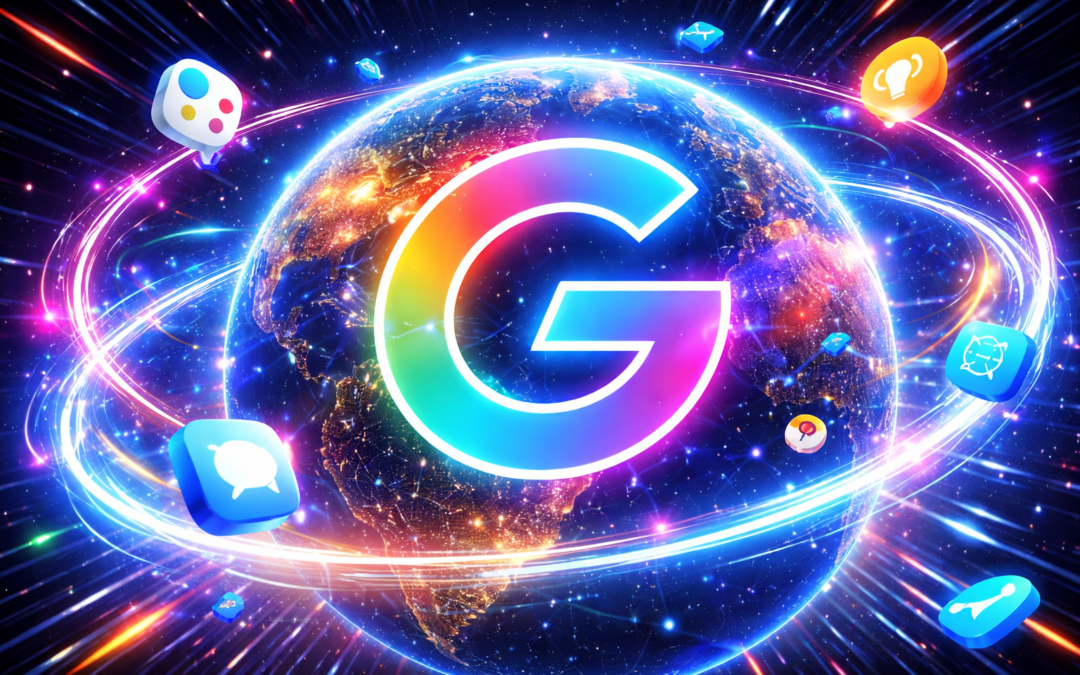Google continues to scale its footprint in generative AI for developers by expanding the availability of its AI-driven coding assistant, Opal, to 15 additional countries.
The move positions Google to directly compete with GitHub Copilot and other popular LLM-based coding tools as demand for AI-powered software development accelerates worldwide.
Key Takeaways
- Google’s Opal coding app, a generative AI tool, launches in 15 new countries, dramatically increasing global access.
- The rollout intensifies competition with existing AI code assistants like GitHub Copilot and AWS CodeWhisperer.
- Opal enables developers to generate, review, and debug code using Google’s latest large language models (LLMs).
- Developers, startups, and tech professionals in new regions gain access to premium generative AI coding capabilities.
- Expansion could drive broader AI adoption for productivity and innovation in global software development.
Opal’s Global Expansion: What Developers Should Know
Google announced the expansion of its Opal AI coding app to 15 more countries, reflecting a clear commitment to democratize access to advanced AI coding assistants beyond the US and Europe.
This strategic move addresses the growing appetite for AI-powered code generation tools, similar to OpenAI’s GPT-4 powered GitHub Copilot, but now backed by Google’s proprietary LLMs for enhanced multilingual and context-aware code suggestions.
“Google’s Opal brings enterprise-grade AI code assistance to millions more developers worldwide, sparking a new wave of productivity and collaboration in software teams.”
Key Features and Technical Advantages
Opal leverages Google’s latest generative AI models to offer real-time code autocompletion, context-aware explanations, and intelligent error detection for popular programming languages.
Unlike earlier AI tools, Opal integrates deeply with Google Cloud services and supports advanced security features, a boon for enterprise developers concerned about IP protection and code safety.
- Supports Python, Java, JavaScript, Go, and more.
- Integrates with leading IDEs and Google Cloud workflows.
- Offers in-line code reviews, bug detection, and documentation generation.
- Multilingual support, optimized for emerging markets and region-specific syntax.
Implications for Startups, Developers, and the AI Ecosystem
By bringing Opal to emerging tech hubs across Asia, Africa, and South America, Google accelerates global AI literacy and levels the playing field for startups seeking to harness AI in their software pipelines.
The move also puts pressure on incumbents like OpenAI and Microsoft to accelerate their localization and feature improvement efforts, benefiting end users across platforms.
“AI-powered code generation will increasingly become a default expectation in developer tools as access barriers fall and localization deepens.”
Looking Forward: The Competitive Landscape
Multiple sources, including The Register and VentureBeat, confirm Google’s intent to capture a greater share of the AI code assistant market.
With expanded geographic support and integration within existing Google developer offerings, Opal could set new benchmarks for LLM-driven programming productivity.
For AI professionals and organizations, the global expansion of smart coding tools like Opal signals a maturing ecosystem where generative AI becomes a routine driver of innovation and efficiency.
Conclusion
Google’s Opal expansion marks a crucial step in making advanced generative AI tools available for all.
By empowering developers across more countries, it reshapes the software development landscape, forcing competitors to innovate and pushing productivity standards to new heights.
Source: TechCrunch











